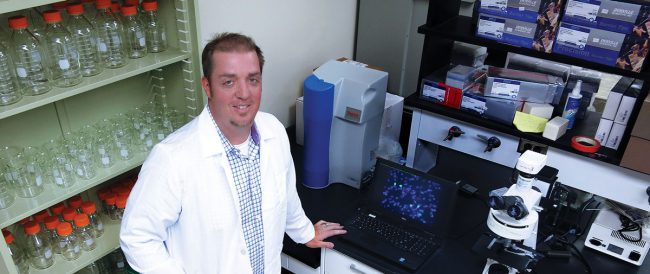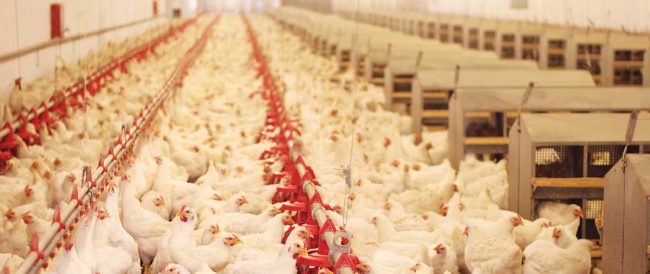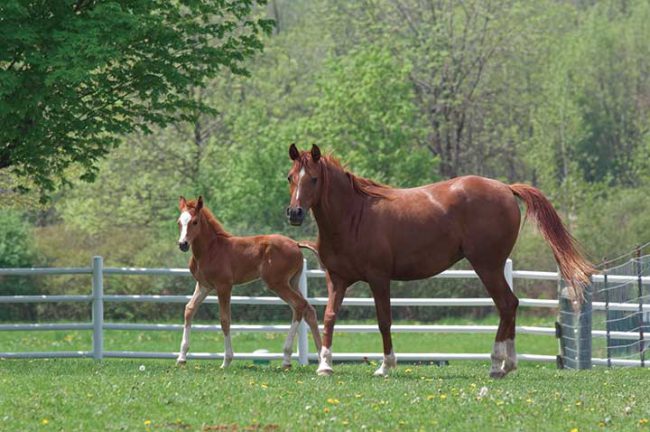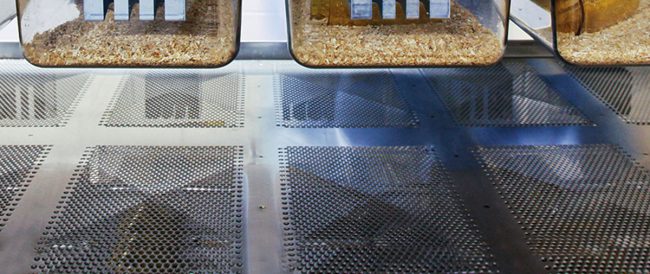 Read More
Read More
From guidelines on antibiotic use and prescribing pain medicine to regulations on research and student loans, public policy affects just about every aspect of veterinary medicine and veterinary education.
This spring, three MSU students joined students from 26 veterinary schools as they traveled to Washington DC to learn about the federal legislative process and advocate for bills that impact the veterinary profession and US animal agriculture. The annual AVMA Legislative Fly-in is hosted by AVMA’s Governmental Relations Division.
Michele Clancy, DVM Class of 2017, shared some thoughts on her participation in the Legislative Fly-in.
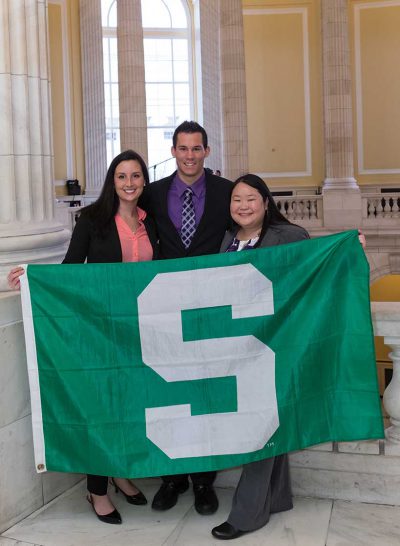
“As a student, it is easy to forget how vast our profession is and how closely integrated it is to many facets of life for all citizens. It's important for us to push past our comfortable niche of school and embrace all avenues the profession offers. Attending the Fly-In was a very welcomed change of pace.
I participated in three meetings, two with senators and one with a representative. In each of these meetings, we discussed the Veterinary Medicine Loan Repayment Program Enhancement Act and the reauthorization of the Higher Education Act.
Attending the two-day Legislative Fly-In offered me valuable lessons that four years of veterinary school cannot provide. These lessons include hard-skills like public policy, but also the soft-skills of public speaking, networking, and effective communication. I’m grateful to have had the opportunity to represent my school and my profession at the national level. I think it is vital to our profession that we continue to pursue opportunities like these.”
The event exposes students to the various ways in which they can use their veterinary degrees to shape public policy. Individual participants’ careers may or may not include formal policy making, but each of these students have learned some of the ways in which public policy impacts the veterinary profession and US animal agriculture.
Posted: August 2015
More from the Summer 2015 Perspectives


